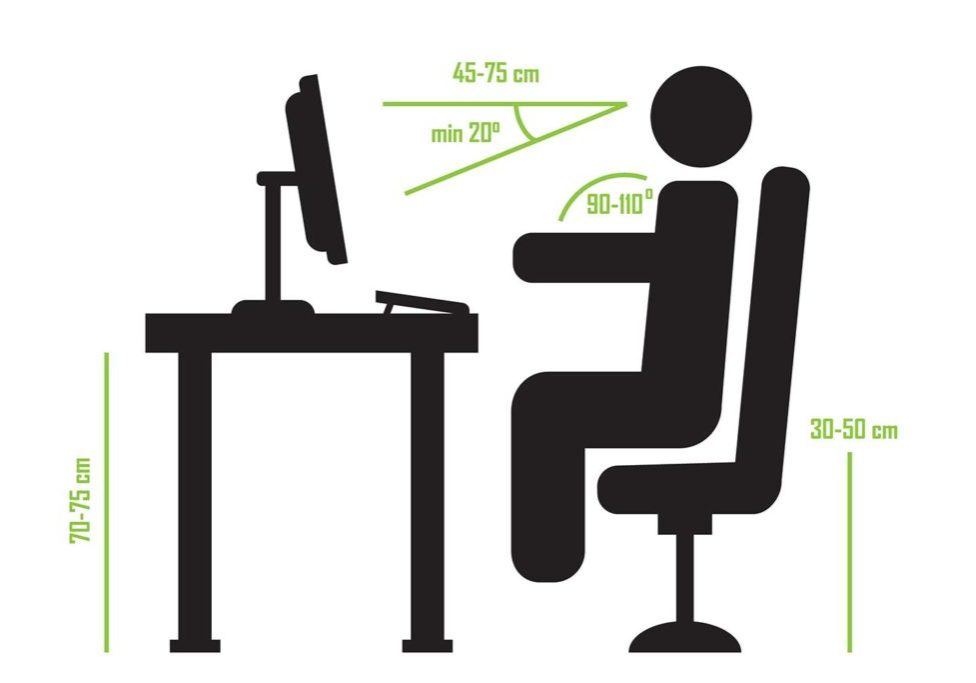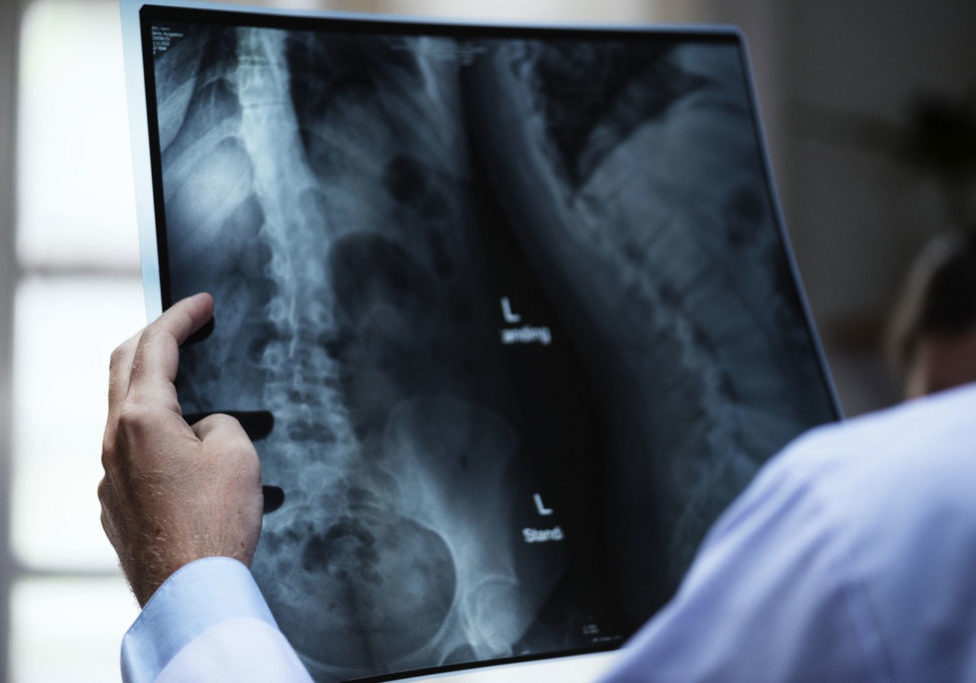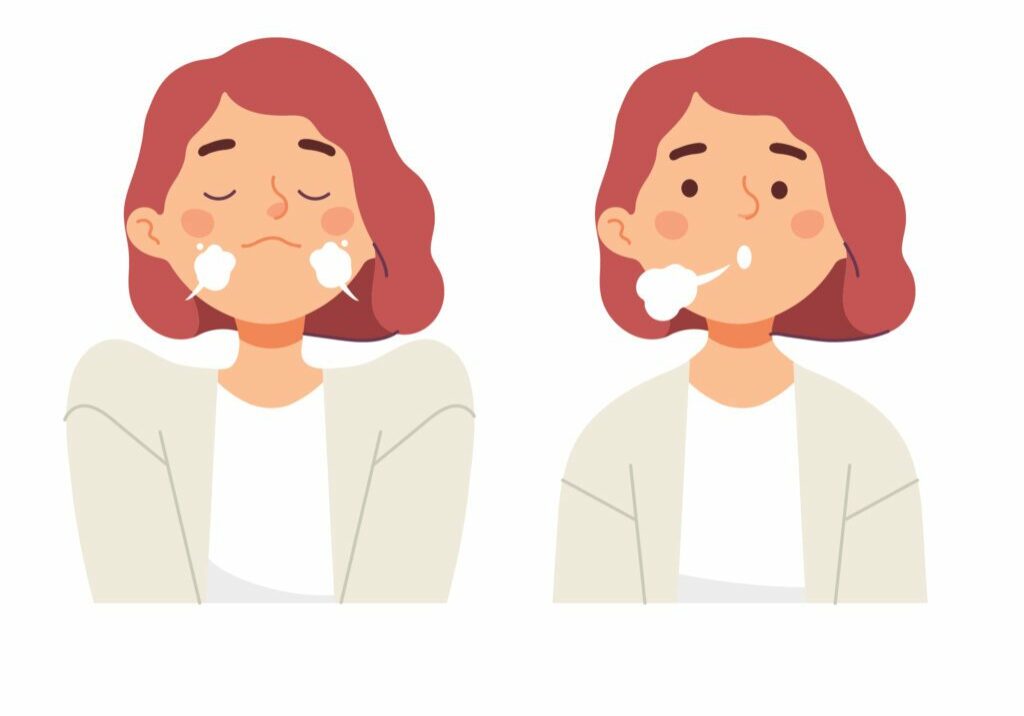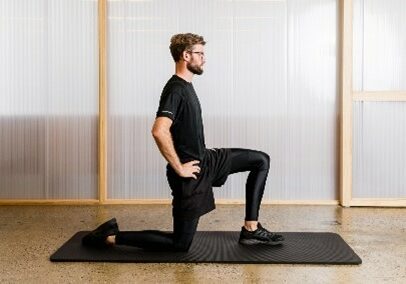 What is vertigo?
What is vertigo?
Vertigo is a type of dizziness. It is described as a “spinning” sensation in the head and is usually brought on by sudden changes in position.
Some people say it feels like standing still in a spinning room. You may feel like you are going to fall over.
The most common cause of vertigo is called benign positional paroxysmal vertigo or BPPV.
BPPV happens when tiny particles in the balance centre of the inner ear are disturbed, usually by sudden movement. This causes the spinning sensation.
BPPV is extremely rare in children but can affect adults of any age, especially seniors. The vast majority of cases occur for no apparent reason, with many people describing that they simply went to get out of bed one morning and the room started to spin.
What are the symptoms of BPPV?
- Dizziness – this begins seconds after a certain head movement and lasts less than a minute.
- Feeling lightheaded.
- Balance problems.
- Nausea – feeling like you are going to vomit.
Pain, ringing in the years (tinnitus) or deafness is not common.
How is BPPV treated?
If BPPV is diagnosed, the condition can often be treated with simple exercises. However, if symptoms persist you may need to be referred to a specialist. Very short-term use of motion sickness medicines is sometimes useful to control the nausea associated with BPPV until the exercise program is effective. Many studies have been done into the effectiveness of treatment manoeuvres and exercises for BPPV, with results showing rates of resolution well into the 90% range by 1-3 treatments.
Your osteopath at Blackburn Osteopathy can assess you to determine whether your vertigo, dizziness or balance difficulties are due to BPPV or some other cause e.g. neck related dizziness.
The Vestibular Disorders Association is a US based, patient support group. Their website contains useful information about how to understand, live with, and find support for balance disorders: http://www.vestibular.org






